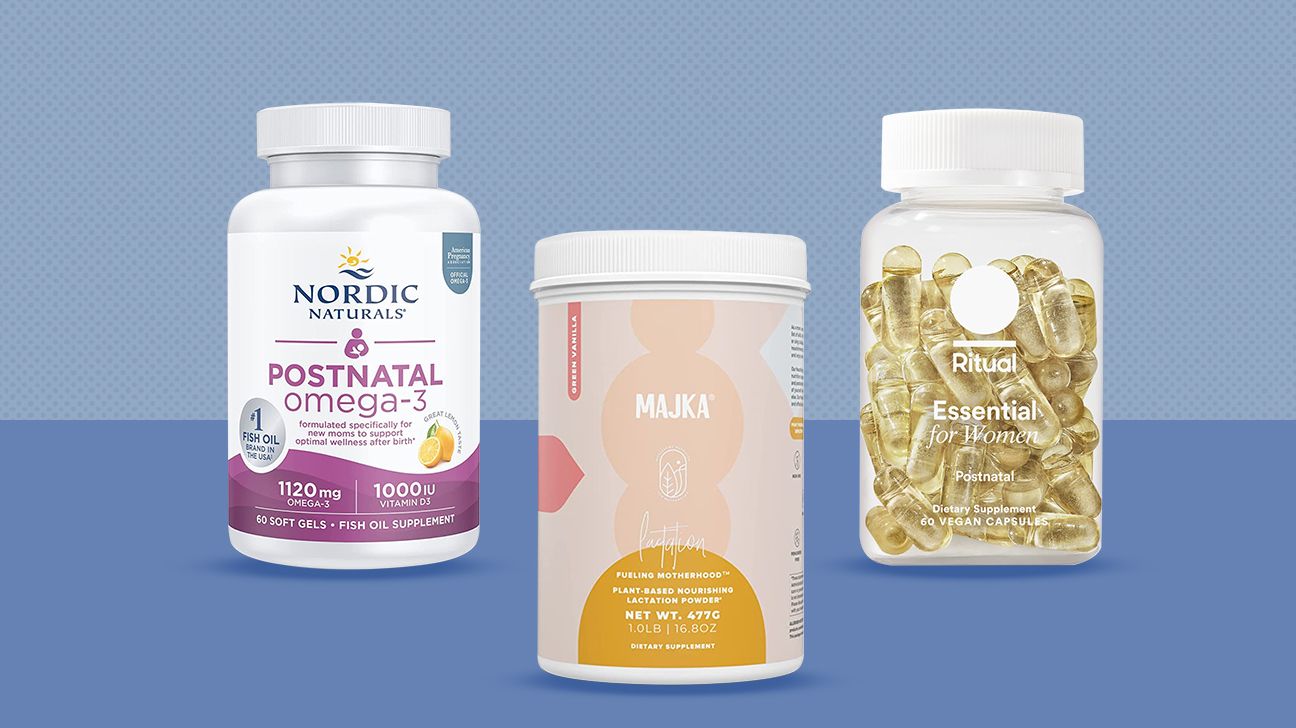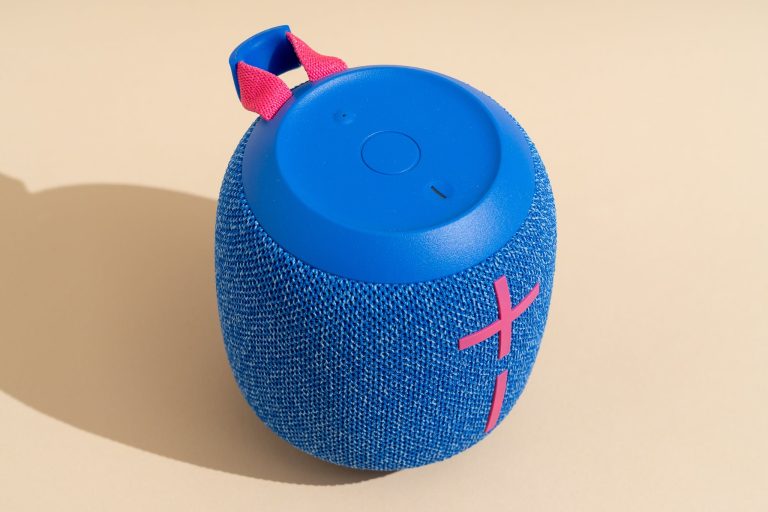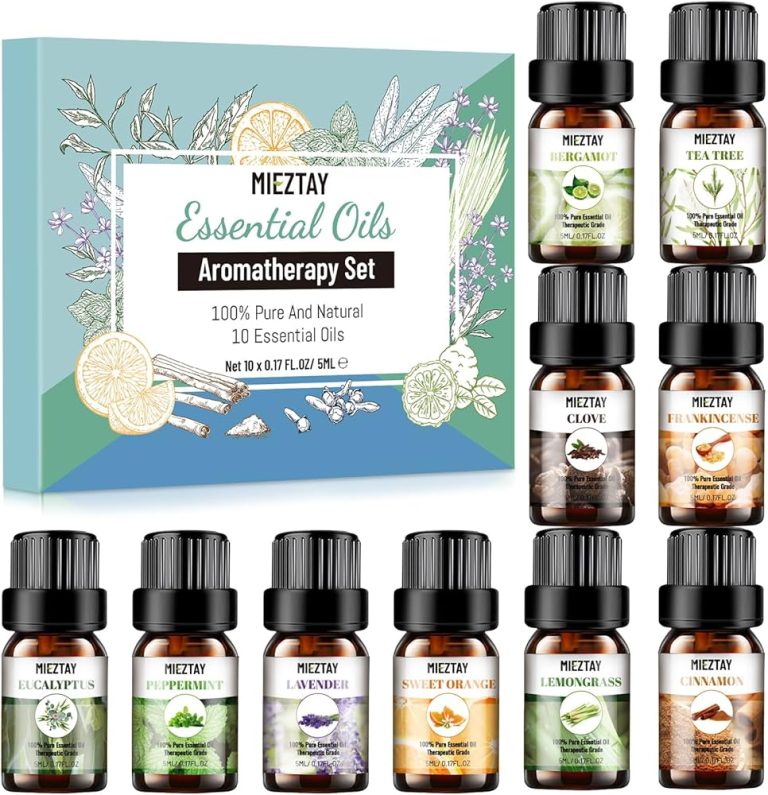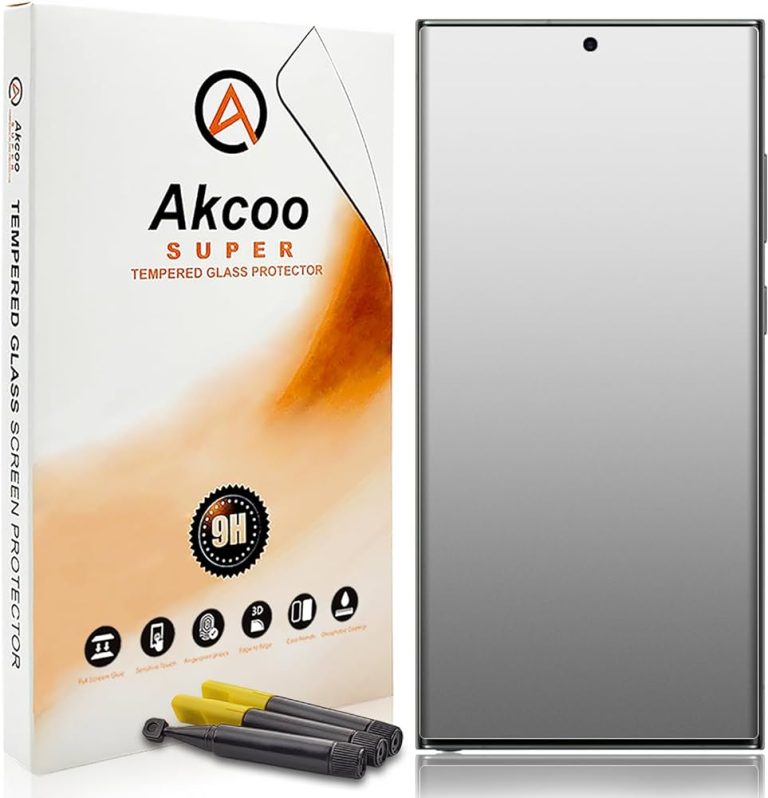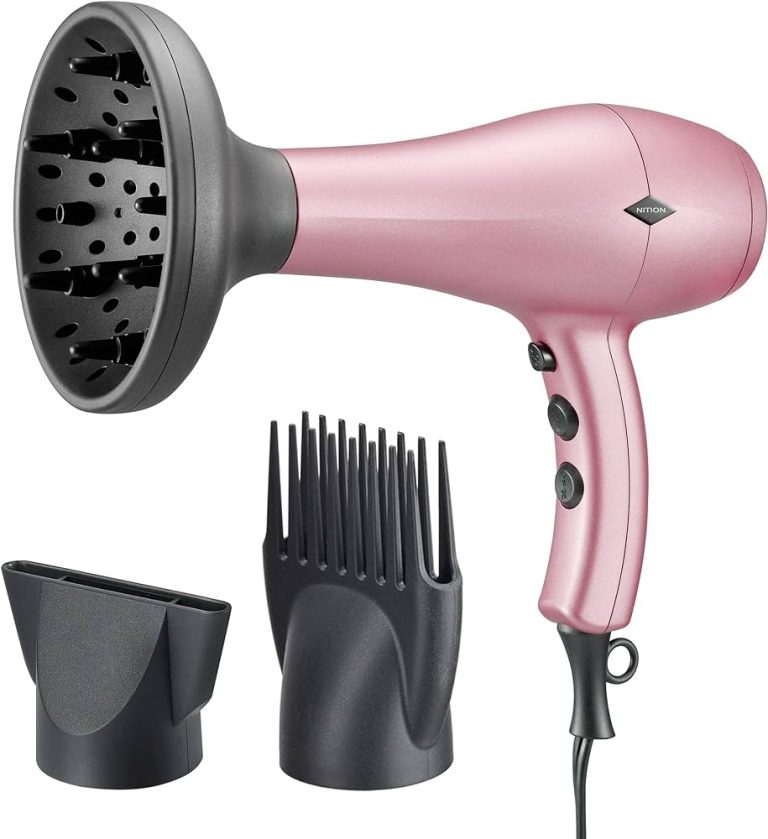9 Best Postnatal Vitamins for Recovery, Mood, and Health After Pregnancy
Welcoming a new baby into your life brings immense joy, but it also demands a lot from your body. As a new mom, your nutritional needs change, and ensuring you get the right vitamins and minerals becomes crucial. Postnatal vitamins can help bridge the gap, supporting your recovery and enhancing your overall well-being.
Choosing the best postnatal vitamins can feel overwhelming with so many options available. This guide will simplify your search by highlighting the nine best postnatal vitamins, tailored to meet your specific needs. Whether you’re breastfeeding or just looking to boost your energy levels, there’s something here for you.
Vitamin A for Improved Vision and Immune Function
Benefits of Vitamin A Post-Pregnancy
Vitamin A boosts your vision and enhances your immune system. It aids in cell growth and ensures your skin heals faster. New moms often experience changes in vision post-pregnancy, so Vitamin A’s role in eye health is crucial. An article from the National Institutes of Health notes that Vitamin A is vital for cellular differentiation, which means it helps your organs function smoothly.
Recommended Daily Amount of Vitamin A
You need about 1300 mcg of Vitamin A daily if you’re breastfeeding. This is more than the standard 700 mcg required for non-pregnant women. It’s important you don’t overconsume, as excessive Vitamin A can cause toxicity. Use sources like dairy products, leafy vegetables, and fortified cereals to get your daily intake. A balanced diet and appropriate supplementation will keep your Vitamin A levels in check and support your overall health.
Vitamin C for Healing and Tissue Repair
Vitamin C plays a critical role in your postnatal recovery. It aids in healing wounds and repairing tissues, crucial after childbirth.
The Role of Vitamin C in Postnatal Recovery
Vitamin C boosts collagen production, which is essential for healing incisions and tears. It strengthens your immune system, helping you fend off infections. Studies have shown that women with higher Vitamin C levels recover faster postnatally, making it indispensable for your postpartum health.
How Much Vitamin C Do New Mothers Need?
Experts recommend a daily intake of 120 mg of Vitamin C for breastfeeding mothers. You can achieve this by consuming citrus fruits, strawberries, bell peppers, and broccoli. Including these foods in your diet ensures you get enough Vitamin C to support your body’s healing process without needing excessive supplementation.
Vitamin D for Calcium Absorption and Bone Health
Importance of Vitamin D for Postnatal Women
Calcium absorption is crucial for bone health, especially post-pregnancy. Vitamin D helps your body absorb calcium efficiently, maintaining strong bones and teeth. For new mothers, it’s essential in preventing osteomalacia, a condition characterized by weakened bones. Beyond bone health, Vitamin D supports immune function and can help in mood regulation, reducing the risk of postpartum depression.
Optimal Vitamin D Intake for Breastfeeding Mothers
Breastfeeding mothers need higher amounts of Vitamin D to meet their own needs and support their baby’s development. Experts recommend a daily intake of 600-800 IU (15-20 mcg) of Vitamin D for breastfeeding women. This can be achieved through a combination of sunlight exposure, dietary sources like fatty fish, fortified dairy products, and supplements if necessary. Ensuring adequate Vitamin D levels supports both your long-term health and your baby’s growth.
B Vitamins for Energy and Metabolism
B vitamins play a crucial role in energy production and metabolism, essential for new moms adapting to postpartum life.
The Significance of B Vitamins in Postnatal Stages
B vitamins are vital for postpartum recovery. They help convert food into energy, reduce fatigue, and improve brain function. Their role in cell growth and red blood cell formation is crucial for healing and overall well-being. Studies suggest that sufficient B vitamin intake can positively impact mental health, reducing the risk of postpartum depression.
- Vitamin B12 (Cobalamin): B12 supports red blood cell formation and neurological function. Deficiency can lead to anemia and fatigue, so it’s key for postpartum energy levels. Found in animal products, vegetarians and vegans might need supplements.
- Vitamin B6 (Pyridoxine): B6 aids in brain development and immune function. It helps the body produce serotonin, impacting mood regulation. Foods rich in B6 include fish, potatoes, and bananas.
Including these vitamins in your postnatal regimen can ensure adequate energy and aid metabolic processes during the demanding postpartum period.
Iron to Prevent Postpartum Anemia
Iron is essential for preventing postpartum anemia in new moms. It supports red blood cell production, which is crucial for your recovery.
Iron Requirements for Postnatal Mothers
Iron requirements increase significantly during the postpartum period. The Recommended Dietary Allowance (RDA) for iron for lactating women is 9-10 mg per day, according to the National Institutes of Health (NIH). However, your needs may vary based on blood loss during delivery, diet, and overall health. Consult your healthcare provider to determine the exact amount you need.
Best Sources of Iron in Diet
Incorporate iron-rich foods to boost your intake. Excellent sources include lean meats, spinach, and lentils. You can also find iron in fortified cereals and beans. Pairing these foods with vitamin C-rich items like oranges and bell peppers helps enhance iron absorption. If you’re vegan or vegetarian, consider iron supplements to meet your nutritional needs.
Iron Supplements Options
Consider iron supplements if diet alone doesn’t suffice. Ferrous sulfate is a common and effective choice. Look for gentle options if you experience gastrointestinal discomfort. Always consult your healthcare provider before starting any supplement to ensure its safety and efficacy for your specific situation.
Calcium for Strong Bones
Calcium is crucial for maintaining your bone health postpartum. It plays a vital role in both your recovery and your baby’s development.
Why Calcium is Essential After Pregnancy
Your body gives a lot of its calcium to your baby during pregnancy. This depletes your calcium stores, making you more susceptible to bone density loss. Postpartum, you need to replenish these stores to maintain strong bones. Calcium also helps with blood clotting and muscle function, which can aid in your overall recovery process.
Calcium-Rich Foods and Supplements
Eating a calcium-rich diet is essential. Consider adding dairy products like milk, cheese, and yogurt to your meals. For non-dairy options, go for leafy greens like kale and spinach, as well as fortified plant-based milks and tofu. If it’s hard to meet your calcium needs through diet alone, supplements can be a practical solution. Calcium carbonate and calcium citrate are the most commonly recommended supplements. Always consult your healthcare provider before starting any new supplement to ensure it’s appropriate for you.
Omega-3 Fatty Acids for Mood and Brain Health
Omega-3 fatty acids play a crucial role in supporting your mood and brain health postpartum. These essential fats can make a significant difference in your overall well-being.
Benefits of Omega-3s for Emotional Well-being
Enhance mood regulation with Omega-3s. These fats are known to reduce symptoms of postpartum depression by influencing serotonin and dopamine levels. Improve brain function with DHA, a type of Omega-3 that supports neural development and cognitive performance, helping you stay sharp while caring for your baby. Reduce inflammation with EPA, another Omega-3, to alleviate post-birth pain and support quicker recovery.
Suggested Intakes of Omega-3 for New Moms
Aim for a daily intake of 200-300mg of DHA during the postnatal period. You can achieve this through dietary sources like fatty fish (salmon, sardines, mackerel) or supplements specifically designed for postpartum health. Vegetarian sources include flaxseeds, chia seeds, and walnuts, though they require higher consumption to match the DHA levels in fish. Always consult your healthcare provider before starting any new supplement to ensure it’s safe and effective for your specific needs.
Probiotics for Digestive Health
Probiotics can be a game-changer for your digestive health, especially after giving birth. They help balance your gut bacteria, promoting overall wellness.
How Probiotics Help Postnatal Mothers
Enhance Digestion: Probiotics support your digestive system by improving nutrient absorption and easing digestion, which can be particularly beneficial when dealing with postpartum dietary changes or discomfort.
Boost Immunity: Your immune system can take a hit post-pregnancy. Probiotics help strengthen your immune response, reducing the risk of infections and illnesses.
Improve Mood: Gut health is closely linked to your mental health. Probiotics can support mood regulation, reducing symptoms of postpartum depression and anxiety by balancing the gut microbiome.
Types of Probiotics and Their Benefits
Lactobacillus: This strain aids in digestion and helps prevent yeast infections, which can be common postnatally.
Bifidobacterium: Known for boosting immunity, this type of probiotic helps improve overall gut health and reduces inflammation.
Saccharomyces Boulardii: This beneficial yeast supports intestinal health and helps prevent diarrhea, a common postpartum issue.
Incorporate a variety of these probiotics in your diet through fermented foods or high-quality supplements. Always consult your healthcare provider before beginning any new supplement regimen.
Conclusion
Choosing the right postnatal vitamins is crucial for your recovery and overall well-being after childbirth. Prioritizing nutrients like Omega-3 fatty acids and probiotics can significantly enhance your mood, brain health, and digestive system. Always consult your healthcare provider to tailor your supplement intake to your specific needs. Investing in quality postnatal vitamins ensures you’re giving your body the support it needs during this important time.
